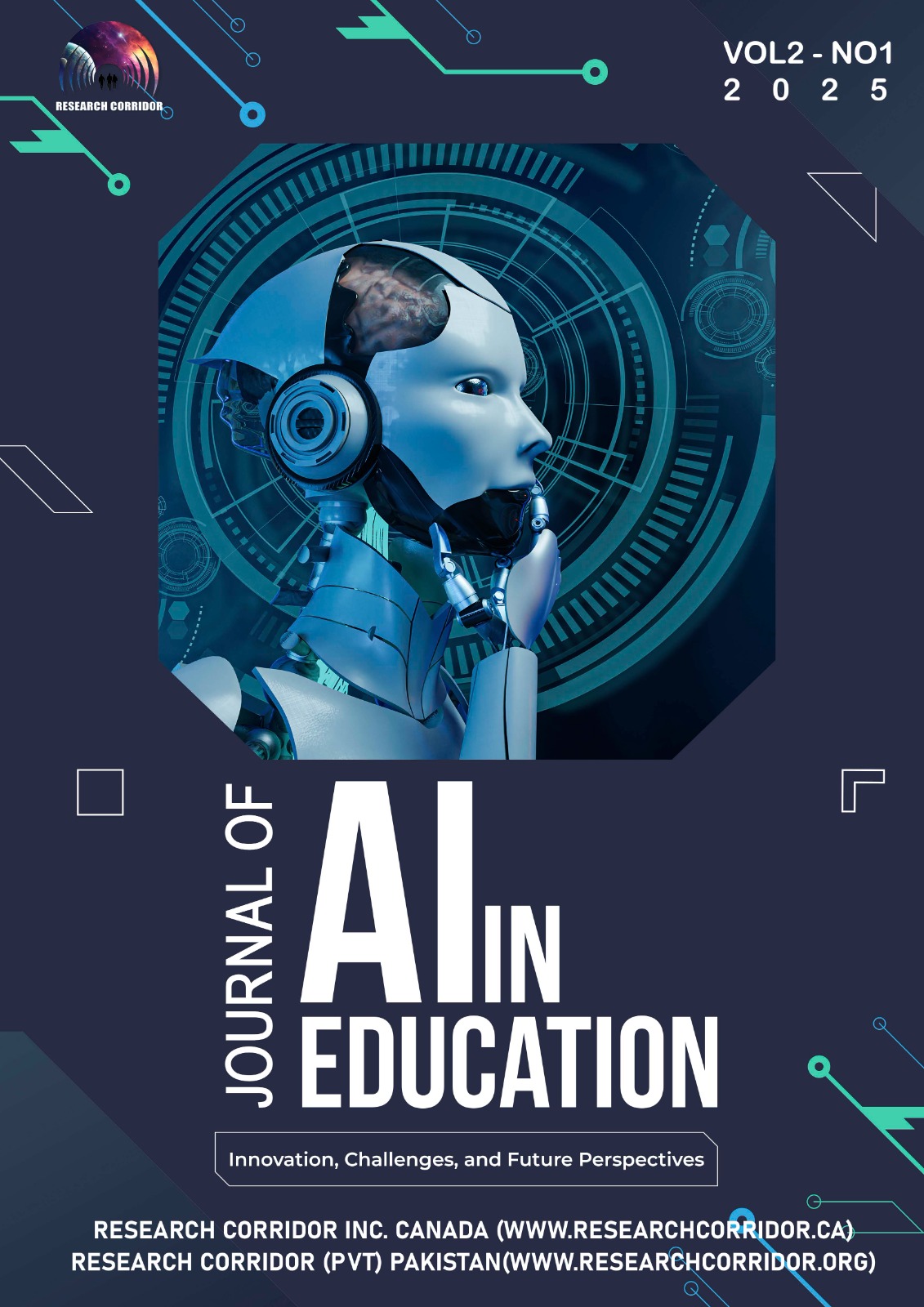The Impact of AI on Teacher Roles: Towards a Collaborative Human-AI Pedagogy
Keywords:
Artificial Intelligence, Teacher Roles, Human-AI Collaboration, Pedagogy, Educational Technology, Personalized Learning, Ethical AI, Digital Literacy, Adaptive Learning, Educational TransformationAbstract
Artificial intelligence (AI) is rapidly transforming educational landscapes, redefining the roles of teachers and reshaping pedagogical approaches. This paper explores the impact of AI on teacher roles, emphasizing the emergence of collaborative human-AI pedagogy. AI-powered tools, such as intelligent tutoring systems, adaptive learning platforms, and automated assessment technologies, are augmenting traditional teaching methodologies. While AI enhances efficiency in administrative tasks and personalized learning experiences, it does not replace the human elements of education, such as emotional intelligence, critical thinking, and ethical reasoning. Instead, AI serves as a co-facilitator, assisting teachers in designing dynamic, student-centered learning environments. The integration of AI in classrooms necessitates a shift in pedagogical strategies, requiring teachers to acquire new digital literacy skills and embrace AI as an ally rather than a competitor. This transition also raises ethical concerns, including biases in AI algorithms, data privacy, and the digital divide. By fostering a collaborative human-AI pedagogy, educators can harness AI’s potential while preserving the fundamental human aspects of teaching. This paper reviews existing literature on AI-driven educational transformation, discusses theoretical frameworks on human-AI collaboration in pedagogy, and provides practical recommendations for educators to adapt to this evolving paradigm. The study underscores the importance of teacher adaptability, ethical AI integration, and policy-making to ensure AI supports rather than undermines educational equity. By exploring the synergies between human and artificial intelligence, this research aims to inform policymakers, educators, and researchers on the best strategies for navigating the AI-driven future of education.





